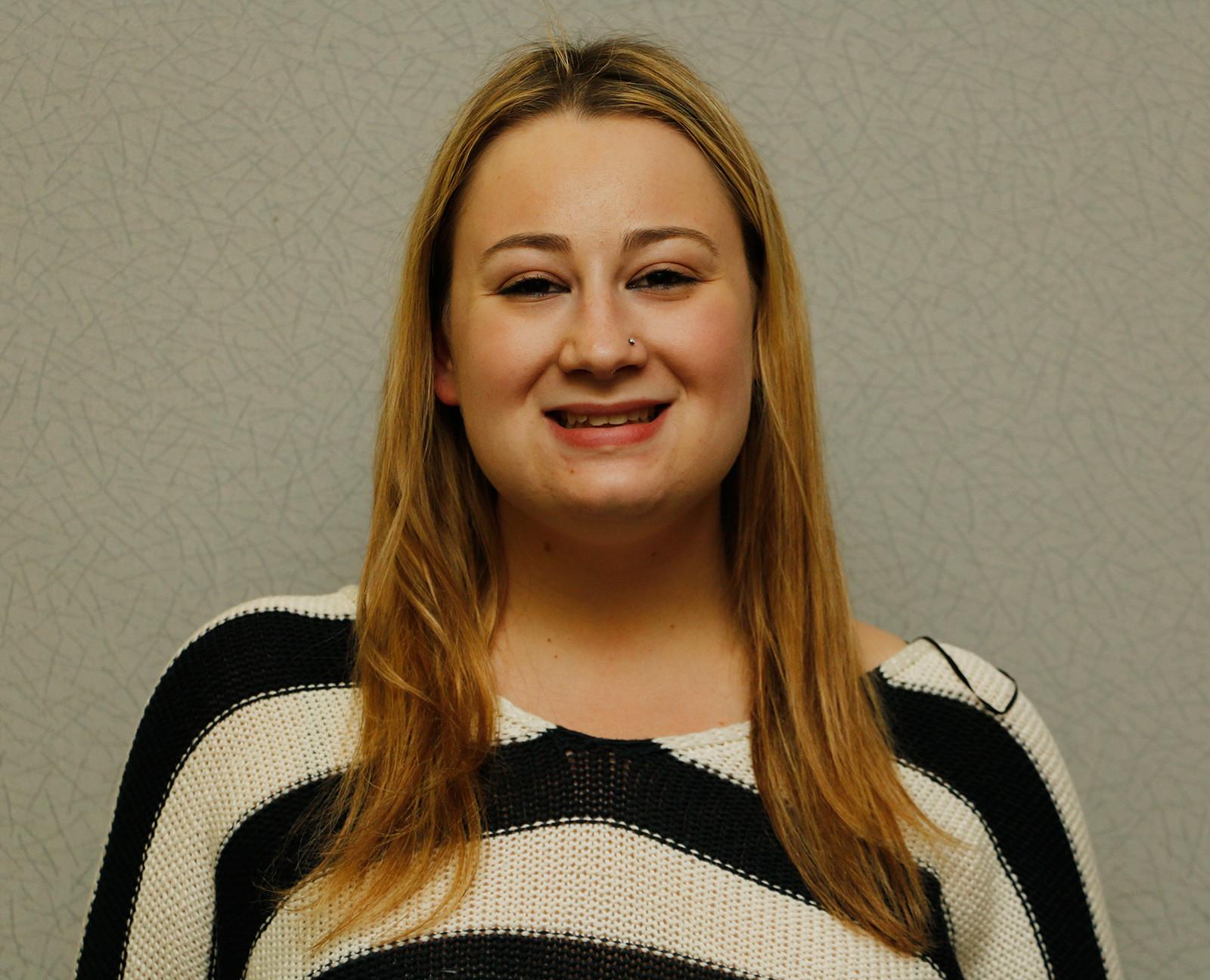On Friday, authors Douglas Wight and Jennifer Wiley released their new book, an unauthorized biography of pop singer Rita Ora, entitled, “Hot Right Now: The Definitive Biography of Rita Ora.”
According to its Amazon description, the book gives a detailed view of Ora’s life, starting with her beginnings as a refugee in Kosovo to her successful career as “the hottest pop star in Britain, with four number one singles, [and] a number one album.”
At first glance, the book seems like an extended version of a tabloid magazine. But its claims about one of Ora’s previous relationships have brought a much bigger issue into the spotlight: consent for minors.
The book apparently features new information about Ora’s relationship with a 26- year-old man whom she dated when she was 14. Back in 2013, Ora touched on the relationship during an interview on the Lifetime talk show, “The Conversation,” but the publication of Ora’s biography has brought the topic back into the spotlight.
During the original interview, when host Amanda de Cadenet pointed out that Ora’s relationship is considered “child abuse,” Ora responded with, “I don’t want to say that I suffered it, because I wanted it. I don’t want to say that I was forced to do it.”
This idea of force is often a focal point when it comes to the debate about consent and consent laws that are age-based. We’re taught (more often now with the increased knowledge of sexual assault prevalence in our society) that forcing someone into doing something, sexual or non-sexual, is non-consensual. But, we’re never really taught about someone consenting to something without really knowing what it means.
We know the mantras “no means no” and “yes means yes,” but what if “’yes” isn’t valid because the individual isn’t mature enough to make this decision?
For one of my first-year writing seminars here at Boston University, I chose a course related to studying the idea of consent. I assumed we would mostly be sticking to the conventional vision of sexual assault, but instead, we focused much of our study on cloudier areas. On one occasion, our class debated the validity of age-based consent laws, a topic to which I never gave much thought.
But last year when gossip sites broke the news that Kylie Jenner, who was 17 at the time, and rapper Tyga, who was 25, were dating, the topic became impossible to avoid. Some people, like Kylie’s sister Khloe, argued Kylie was mature enough to handle dating Tyga and that she wasn’t a “normal 17-year-old.”
However, this argument is invalid. It doesn’t matter if a 14-year-old girl like Rita Ora desires a relationship with an older man, or if a 17-year-old like Kylie Jenner is wise beyond her years. These relationships take younger, vulnerable minds and pair them with much more developed wants and needs. This is absolutely unethical, even if there is no direct abuse involved.
I don’t want this column to be misunderstood as blaming Rita, Kylie or any other person who has participated in these kinds of relationships. In fact, that is the exact opposite of what I want to achieve. I want to elucidate that it is the job and the responsibility of the older person to realize what is right and what is wrong, and that it doesn’t matter how much the younger person believes that he or she truly wants a relationship.
The fact of the matter is, during teenage years, we all go through intense periods of transition, and we fluctuate between feeling the worst about ourselves and feeling the best about ourselves. Our brains don’t even reach peak development until we’re about 25. Ora said herself in that 2013 interview that she enjoyed being with an older man because it made her feel “sexy,” and that she had earned a new level of “respect.” The man Ora dated should have realized that these were simply not mature enough reasons to carry out a relationship.
Teenagers are constantly seeking validation, and if this validation comes from older partners, it can quickly turn into harmful manipulation — and that isn’t acceptable.
I don’t think it’s completely fair for this unauthorized biography of Rita Ora to pop out of nowhere, promising new details on her private life. But at the same time, it brings up an important facet of consent that we as a society have been avoiding. We must make it clearer that when someone doesn’t wholly grasp what he or she is consenting to, the consent they give simply isn’t valid.
If this book achieves one thing, I hope it can prompt people to be more open about all discussions of consent, even the ones that aren’t as easy to talk about.
























































































































